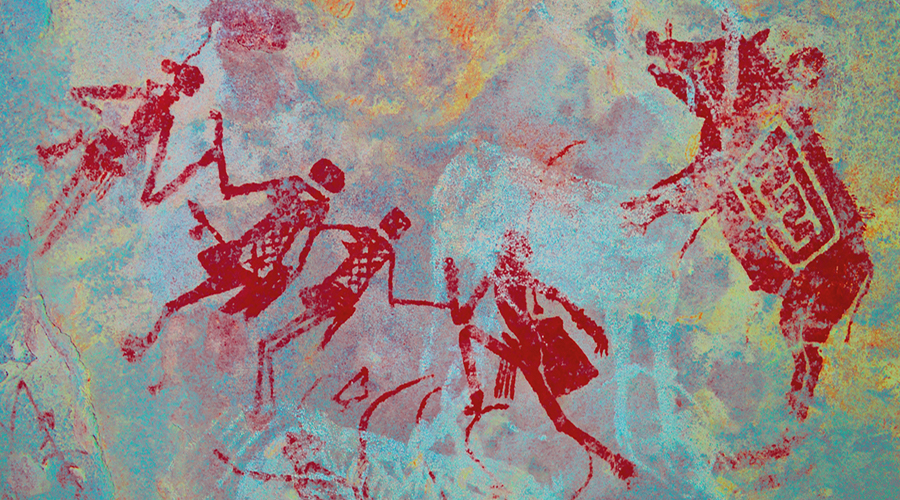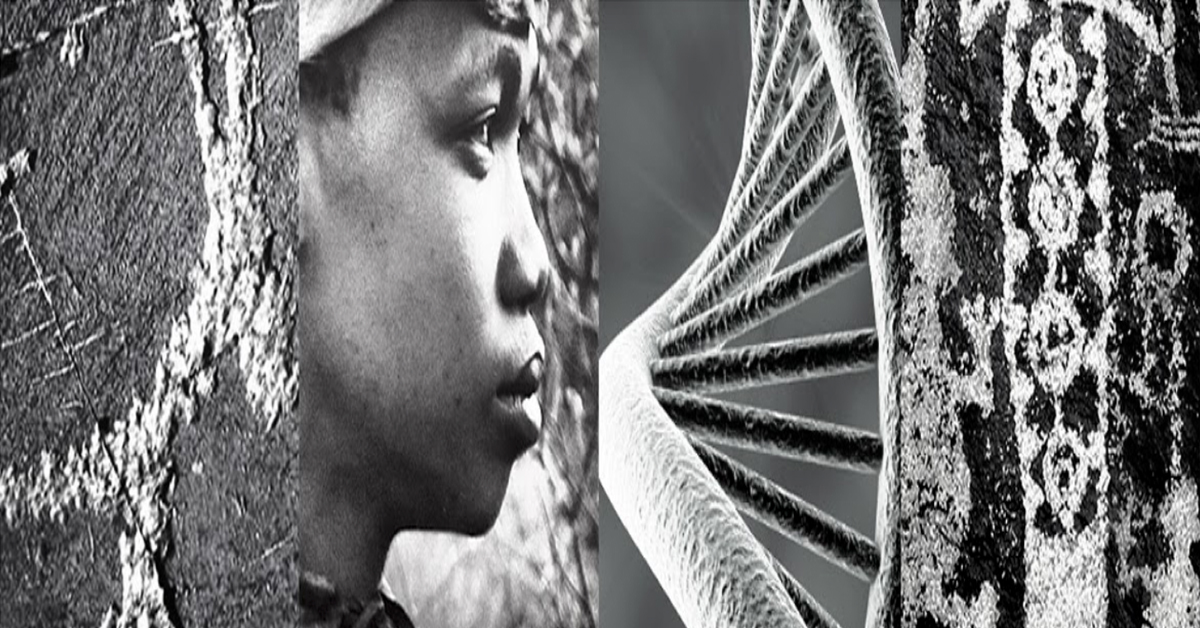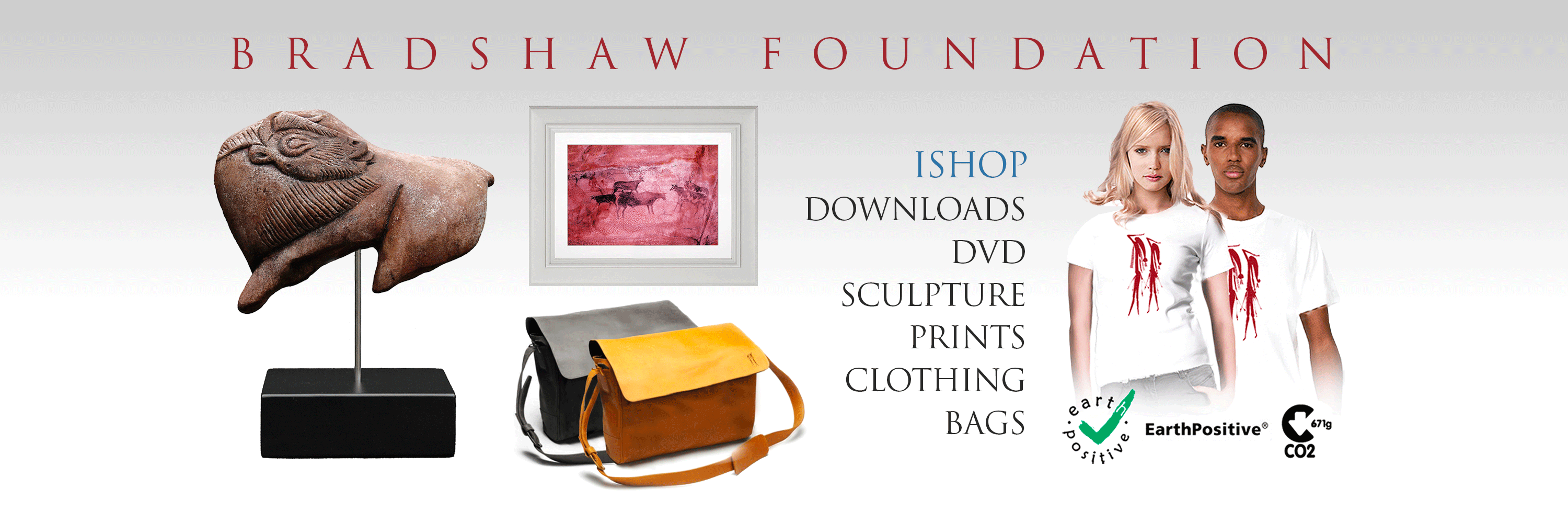
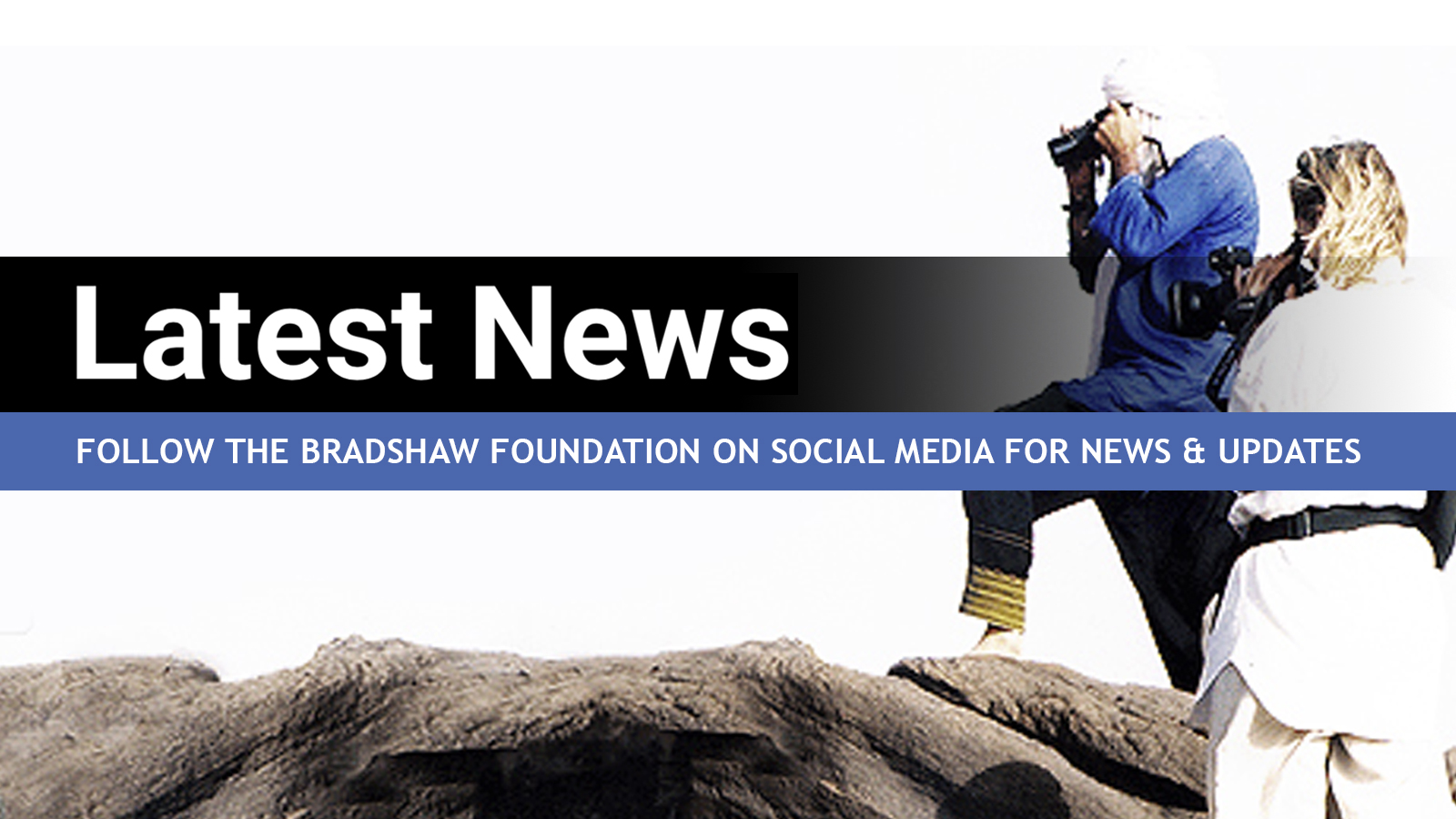
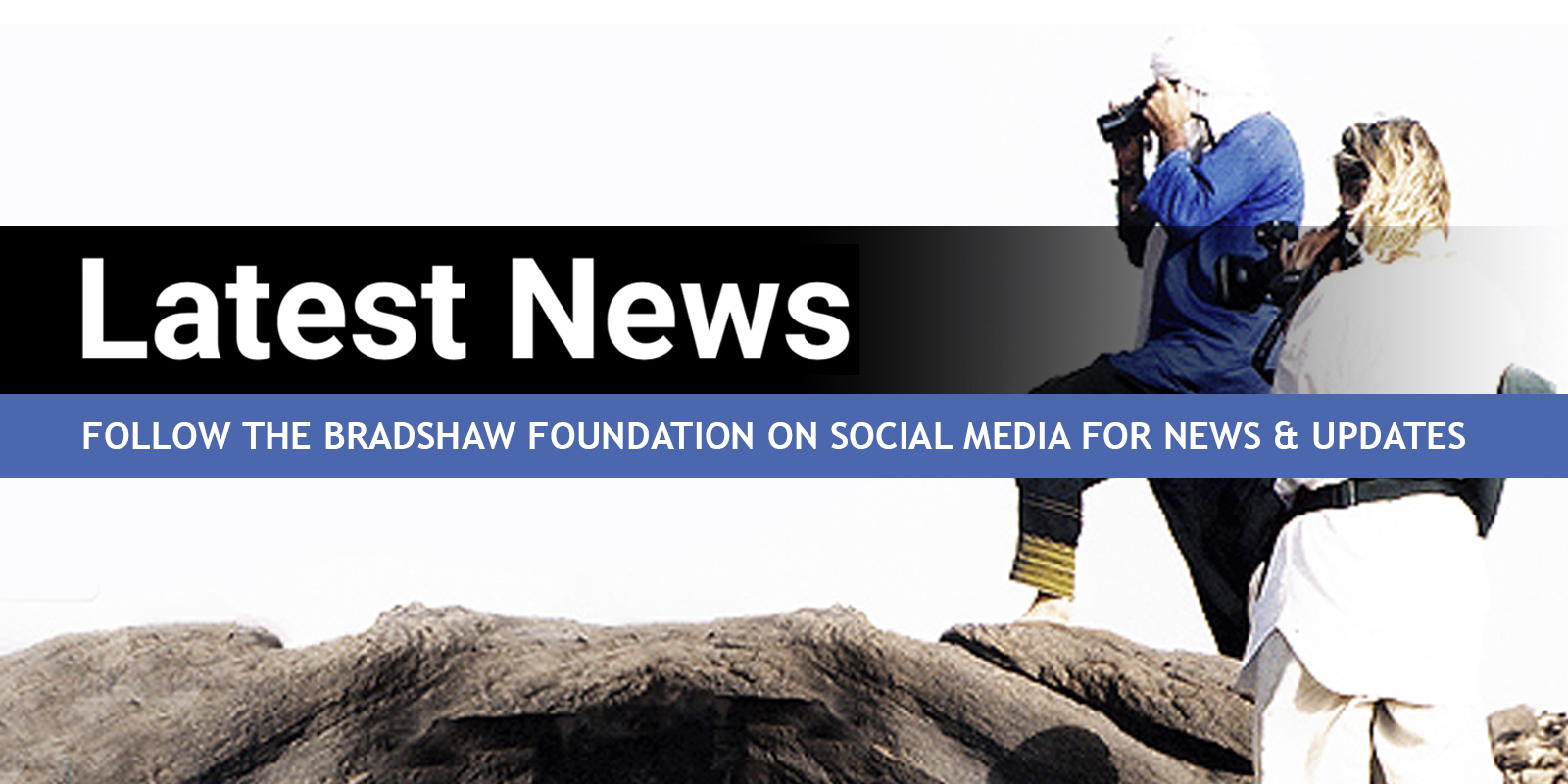
Highly recommended viewing:
BBC's HUMAN UNIVERSE
'Apeman - Spaceman'
Episode 1 of 5
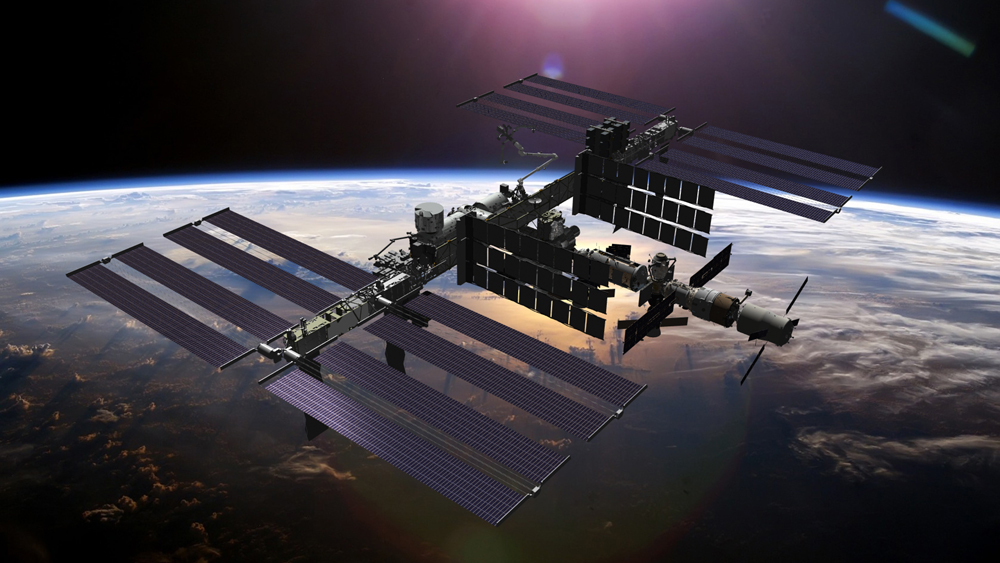
BBC: Beginning in Ethiopia, Professor Brian Cox discovers how the universe played a key role in our ascent from apeman to spaceman by driving the expansion of our brains. But big brains alone did not get us to space. To reveal what did, Brian heads out of Africa to the ancient city of Petra in Jordan, where he unpicks the next part of our story - the birth of civilization - and then on to Kazakhstan, where he witnesses the return of astronauts from space and explains what took us from civilization to the stars.
This is a powerful production. Brian Cox is very good at bringing science to life and making it sting. Yes, there are epic statements such as 'How did we become who we are?' and 'What drove our ascent from ape to man?' with a rousing film score and spectacular footage such as Africa's Rift Valley zooming out to the International Space Station, but it works.
Cox begins the story in Ethiopia. Here are the obsidian tools, which not only had a pretty effective function, but also a highly symbolic significance; the tools required an intelligence, a planning, an imagination of something, like a spear, that wasn't naturally there but had to be made.
This, he argues, came about through collective thought, not merely the thought of an individual. This meant there was communication, and therefore language. And here, about 250 thousand years ago, 'a tiny part of the Cosmos had become conscious'.
It appears that this consciousness may have been stimulated naturally; the Earth's orbit experiences predictable elliptical variations, which in turn cause extreme climatic variations, which in turn cause rapidly changing environments. From the growing brain size of Australopithecus, to Homo erectus, to Homo heidelbergensis and to Omo 2 , the theory goes that rapid and violent climate change, caused by changes in the Earth's orbit, seems to have coincided with advances in human intelligence.
This 'intelligence' saw modern humans evolve from hunter-gatherers to farmers. In the Fertile Crescent, with the emergence of agriculture, one of the most salient consequences was the beginning of 'civilizations'. This meant the division of labour, which among other things encouraged 'thought', and thought encouraged innovation. One thing truly innovative was writing, and writing was important because the spread of ideas - and knowledge - was no longer restricted to memory and spoken word; it represented 'an exponentiation of the known'.
All strong stuff. And there will be many questions raised and debates held about intelligence and human ingenuity, progress and disaster, but that is exactly the purpose of such productions.
The Bradshaw Foundation's ORIGINS section:
http://www.bradshawfoundation.com/origins/index.php
BBC Human Universe:
http://www.bbc.co.uk/programmes/p0276p50
Human Universe Interactive timeline:
http://www.bbc.co.uk/timelines/z9hwjxs
by Bradshaw Foundation
Tuesday 21 March 2023
by Bradshaw Foundation
Tuesday 07 February 2023
by Bradshaw Foundation
Thursday 19 May 2022
by Bradshaw Foundation
Tuesday 19 October 2021
by Bradshaw Foundation
Friday 25 June 2021
by Bradshaw Foundation
Monday 09 November 2020
by Bradshaw Foundation
Tuesday 03 November 2020
by Bradshaw Foundation
Wednesday 28 October 2020
by Bradshaw Foundation
Tuesday 23 June 2020
by Bradshaw Foundation
Thursday 04 June 2020
by Bradshaw Foundation
Thursday 14 May 2020
by Bradshaw Foundation
Tuesday 12 May 2020
by Bradshaw Foundation
Wednesday 19 February 2020
by Bradshaw Foundation
Tuesday 21 January 2020
by Bradshaw Foundation
Monday 20 January 2020
by Bradshaw Foundation
Thursday 28 November 2019
by Bradshaw Foundation
Tuesday 21 March 2023
by Bradshaw Foundation
Tuesday 07 February 2023
by Bradshaw Foundation
Thursday 19 May 2022
by Bradshaw Foundation
Tuesday 19 October 2021
by Bradshaw Foundation
Friday 25 June 2021
by Bradshaw Foundation
Monday 09 November 2020
by Bradshaw Foundation
Tuesday 03 November 2020
by Bradshaw Foundation
Wednesday 28 October 2020
by Bradshaw Foundation
Tuesday 23 June 2020
by Bradshaw Foundation
Thursday 04 June 2020
by Bradshaw Foundation
Thursday 14 May 2020
by Bradshaw Foundation
Tuesday 12 May 2020
by Bradshaw Foundation
Wednesday 19 February 2020
by Bradshaw Foundation
Tuesday 21 January 2020
by Bradshaw Foundation
Monday 20 January 2020
by Bradshaw Foundation
Thursday 28 November 2019
Friend of the Foundation
